China is counting on a half-billion-strong middle class - willing to spend money on tourism - but this could be shaken as the post-pandemic economy remains bleak.
In winter, wealthy tourists would go to Zibo for barbecues and then flock to Harbin to see ice sculptures. Then they would feast on super spicy noodles and hot pot. Now, they flock to Chengdu to see cherry blossoms and rape blossoms in spring.
Like the yellow and pink flowers blooming in Chengdu, the recovery of domestic tourism in China has been “remarkable” over the past year. However, the spending outlook for China’s 500 million middle class remains bleak, even as local governments across the country roll out new initiatives to boost spending.
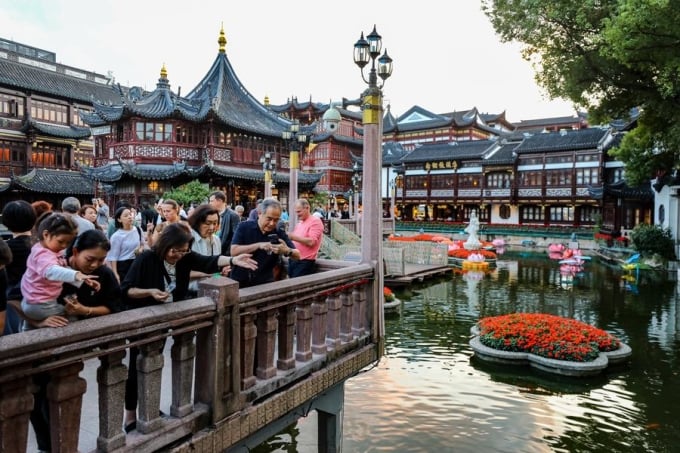
Tourists visit Yu Garden, a popular tourist destination in eastern Shanghai in late 2023. Photo: Xinhua
Since 2023, Beijing has stepped up measures to boost spending in many sectors, including tourism, to revive the economy that has been in recession since the pandemic. The middle class is willing to spend money oneducation and tourism, but the prospect of more jobs is "uncertain".
Moreover, the prolonged downturn in China's real estate sector is forcing some to tighten their purse strings.
Thomas Ma, a 41-year-old Guangdong resident who recently lost his job, is one of them. Ma used his severance pay to pay down his mortgage, consumer loans, and auto loans. He is also selling one of his three properties, an apartment for 500,000 yuan (nearly 1.75 billion VND). This is much lower than the peak price of 800,000 yuan (2.8 billion VND) that someone paid a few years ago.
Ma still intends to invest in his children's education, but is looking to cut down on daily expenses and limit all family travel. "The monthly tuition fee for a middle school student is 4,000 yuan (US$650). I have two children," Ma said.
An annual survey by financial economist Wu Xiaobo found that 43% of middle-class people aged 25-45 (those earning at least 200,000 yuan a year) saw their wealth decline in 2023, making them more cautious about spending. That compares with a 31% drop in 2022 and an 8% drop in 2021. Nearly 50% of middle-class respondents said that travel accounted for the majority of their spending in 2023.
Many analysts say a general lack of confidence in the real estate and financial markets is making Chinese people more reluctant to open their wallets. In addition, while tourism spending is rising, the goal of relying on consumers to boost the national economy is “hardly a straightforward process,” especially when tourism is not always reliable in sustaining local economies.
Yan Xu, deputy director of the Culture and Tourism Bureau of Zibo, a city famous for its barbecue, admitted that the recent surge in tourists to the city will not last forever.
Even the top tourist destinations are not reliable and generate significant revenue for the tourism industry, according to analysts at Chinese rating agency CSCI Pengyuan. The research group also pointed out that many destinations have had to rely on government subsidies instead of generating revenue themselves. Li Xunlei, chief economist at Zhongtai Securities, is skeptical about the recovery of Chinese tourism, after comparing the number of tourists during the week-long Lunar New Year holiday this year with 2019. The recovery in tourism is only 50% of the pre-pandemic level.
"Don't put your hopes on consumption growth this year because consumption depends on people's income and debt repayment rates. Both indicators are not good," Li said.
Anh Minh (According to SCMP )
Source link


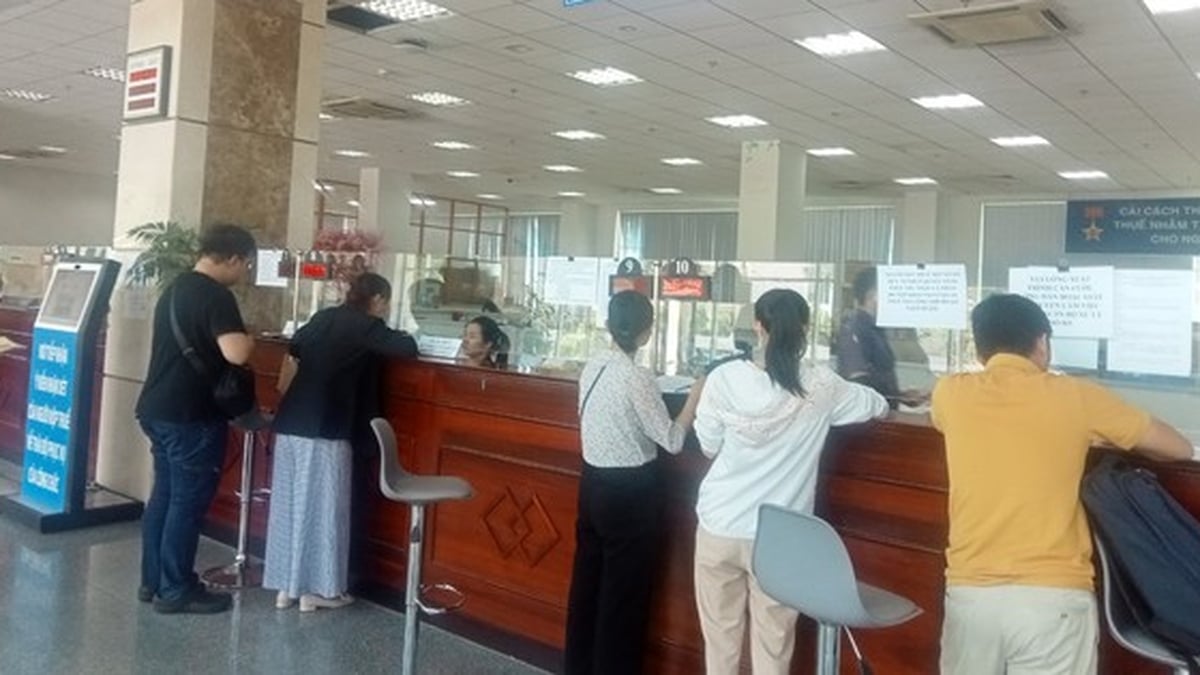


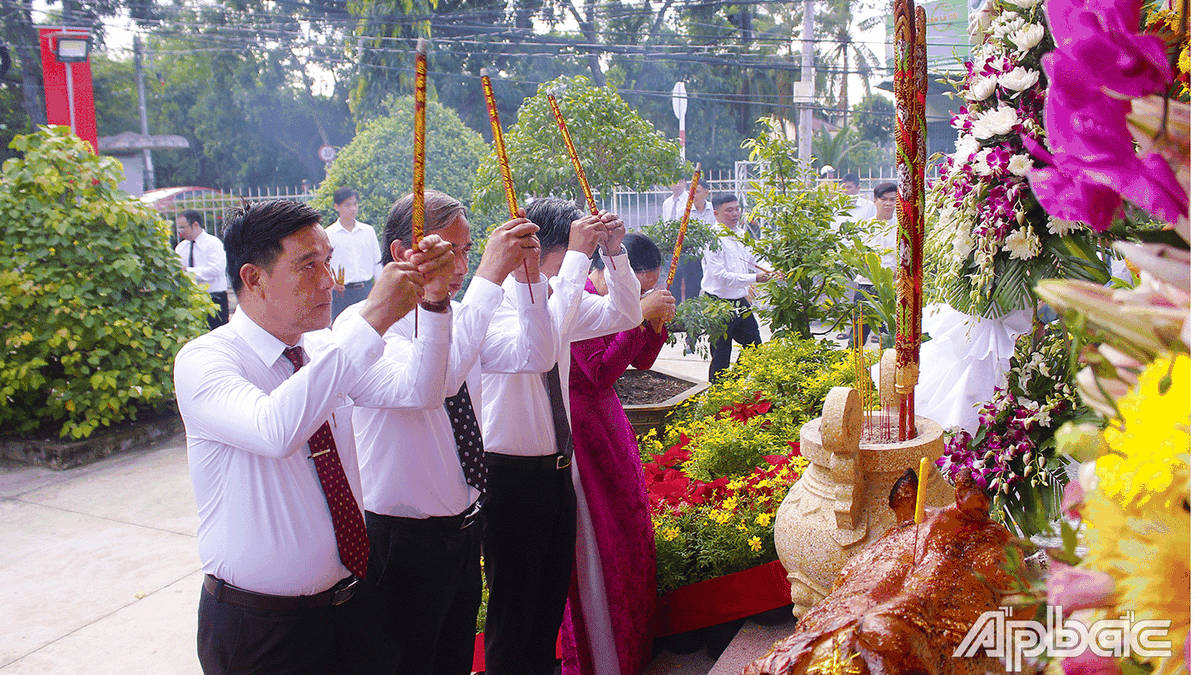

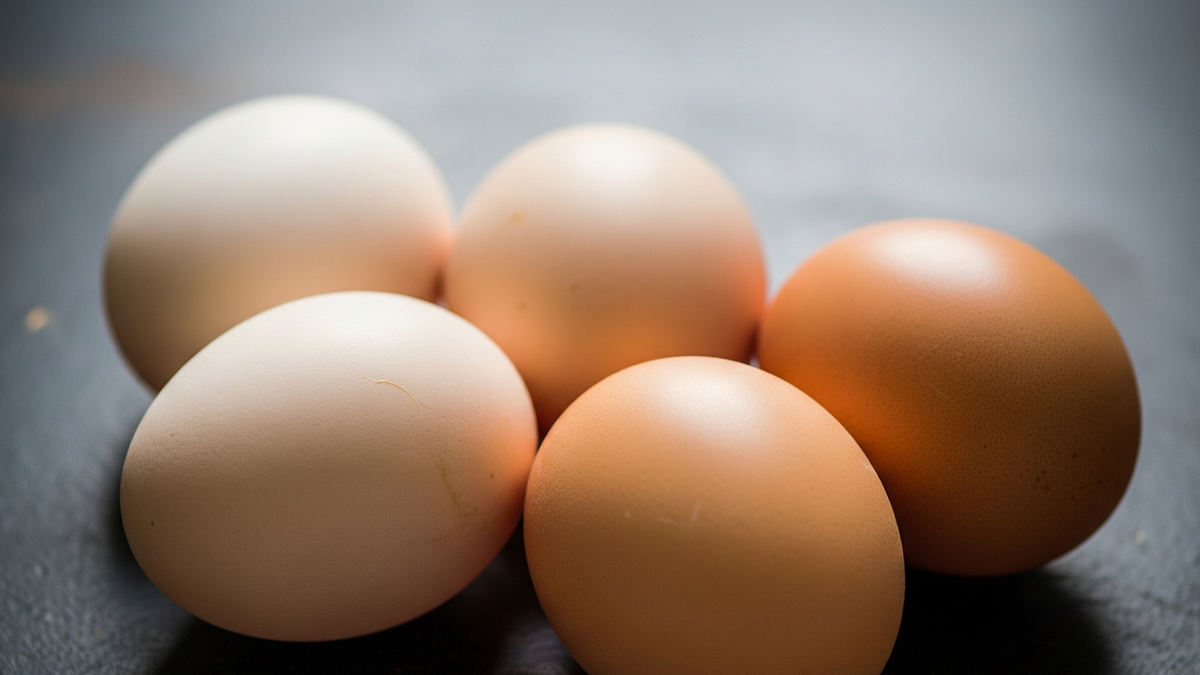



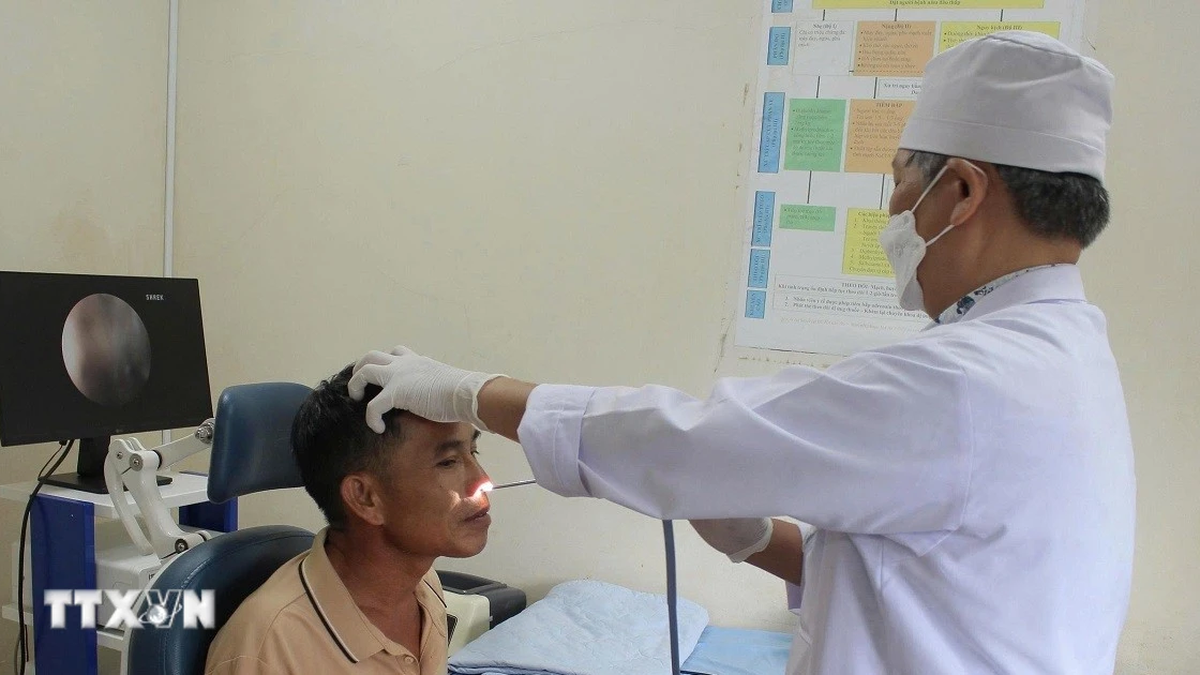



























































































Comment (0)